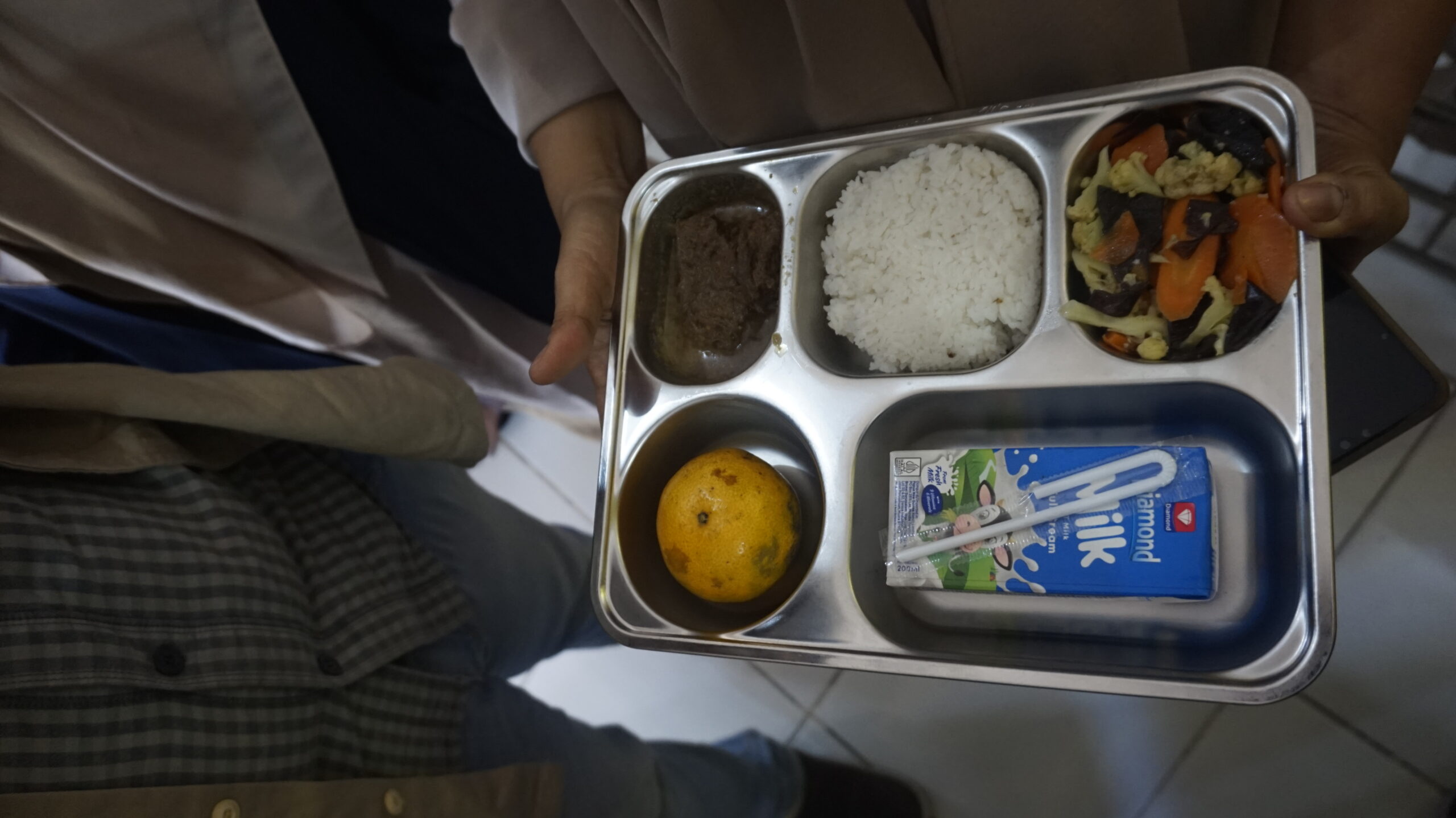Jakarta (ANTARA) – Professor Rizal Martua Damanik from the Department of Community Nutrition, Faculty of Human Ecology, Bogor Agricultural University (IPB), emphasized that providing free nutritious meals can reduce the prevalence of anemia, or red blood cell deficiency, among students.
Rizal made this statement during an interview in Jakarta on Sunday, responding to President Prabowo Subianto’s remarks in his inauguration speech on Sunday (October 20, 2024), highlighting the issue of many students skipping breakfast before school.
“We conducted research in a school in Bogor Regency, and most children indeed missed breakfast. As a result, many fainted during flag ceremonies. Hemoglobin tests revealed that many of these children were anemic, validating President Prabowo’s statement. Free nutritious meals are an excellent solution,” he explained.
Prof. Rizal, a Monash University alumnus, elaborated that economic factors are one of the reasons children at SD Negeri Palasari 2 Cijeruk, Bogor, skip breakfast. Additionally, time constraints limit parents’ ability to prepare meals in the morning.

Rizal, an expert in nutraceuticals, shared that during the second year of the study, his team intervened by setting up a healthy and nutritious school canteen.
“We trained parents to prepare meals for the students, similar to what street vendors offer but with healthier ingredients and better hygiene practices. For instance, if vendors sold fried bananas, we provided them too, but with healthier ingredients and clean equipment,” he added.
The team also educated food vendors on hygiene practices, such as avoiding the use of old newspapers as food wrappers.
“Street vendors often use newspapers or scrap paper for wrapping food. We taught them proper hygiene practices. Since the canteen is subsidized, students eat nutritious meals there every day,” Rizal explained.
The research yielded significant results: the number of students fainting during ceremonies dropped dramatically, and their hemoglobin levels improved steadily.
“This free nutritious meal program has been highly beneficial. Not only does it address anemia, but it also empowers local vendors and promotes the use of local food ingredients,” he concluded.
Reported by: Lintang Budiyanti Prameswari
Editor: M. Tohamaksun (ANTARA)/Aditya Himarwan
Copyright © ANTARA 2024

Leave a Reply